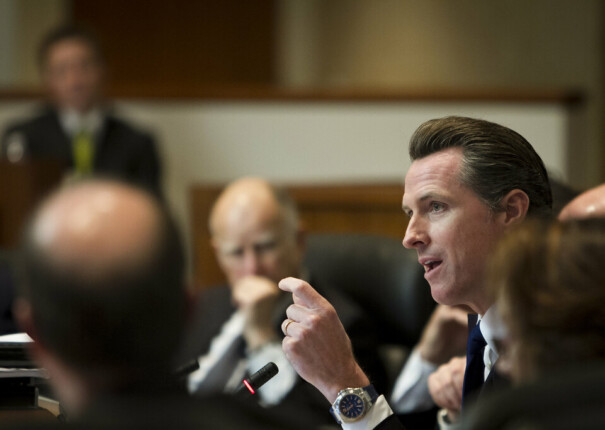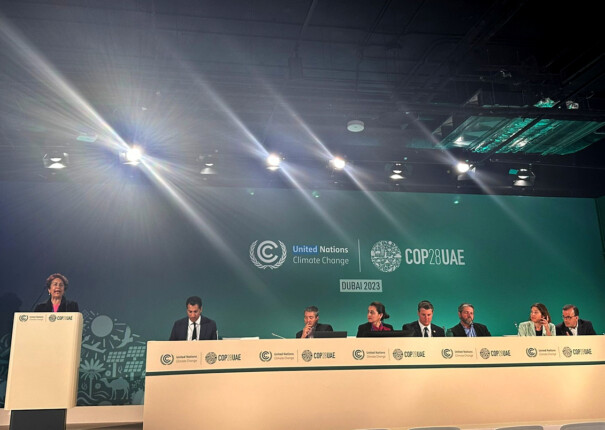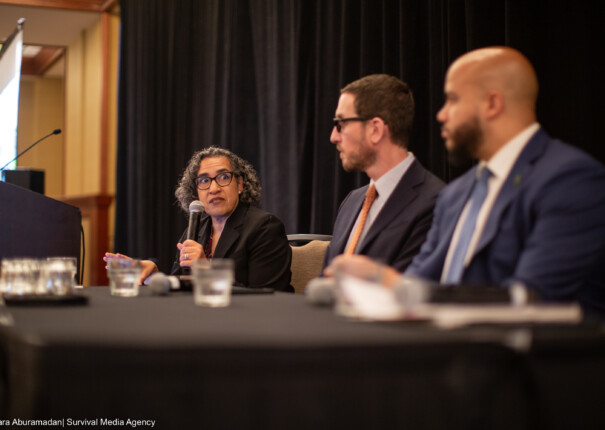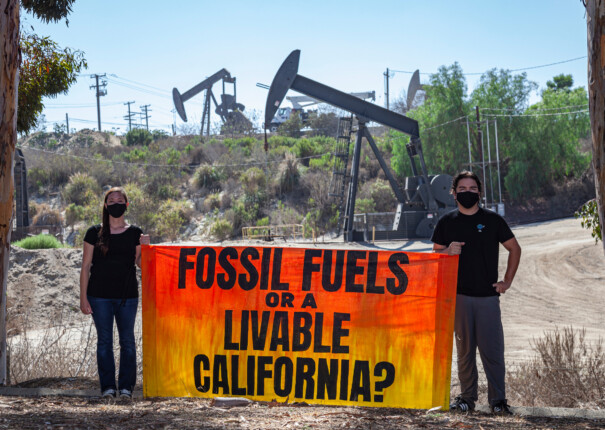Facing budget deficit, Governor Newsom must eliminate all fossil fuel subsidies and tax breaks

SACRAMENTO — Faced with a $38 billion budget deficit, Governor Newsom today announced additional proposed cuts to California’s climate and energy investments. If approved by the legislature, these cuts would bring California’s multi-year climate budget down to $48.3 billion from the $54 billion approved in 2022, an 11 percent reduction. Some of these cuts may … Read more










